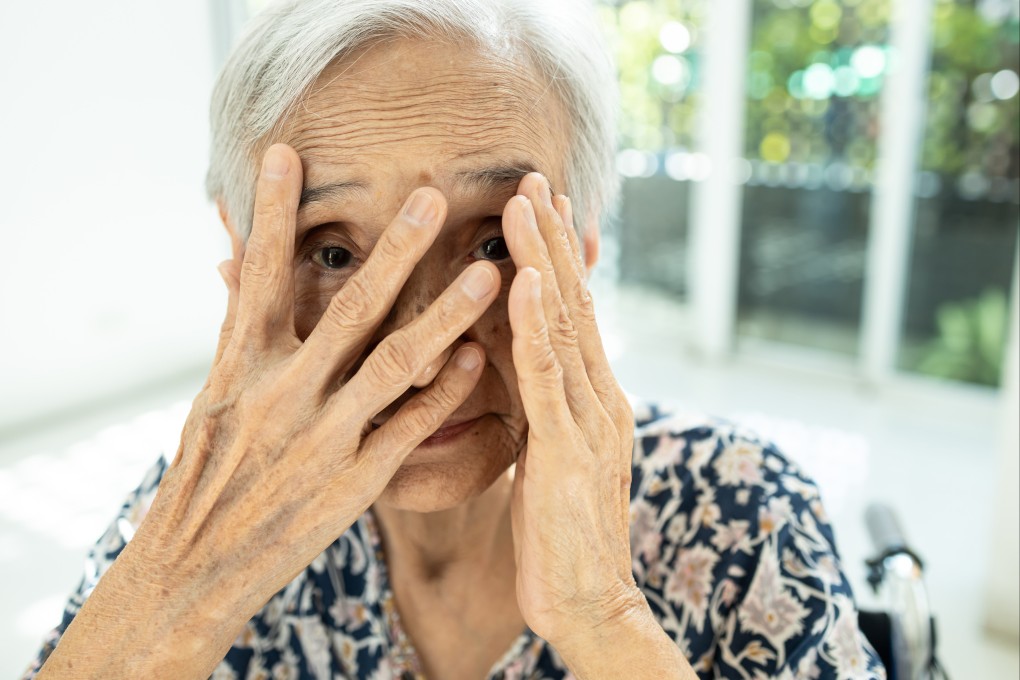‘An attack by aliens’: how to deal with a dementia patient’s delusions – experts’ tips for carers
- How does a carer best deal with a dementia patient’s distressing delusions and hallucinations? Don’t argue with their interpretations of the world, say experts
- ‘You have to go with the flow,’ says a neuropsychologist – by agreeing with a dementia sufferer and validating how they feel, you can manage a situation better

There were many things I found difficult about my mother’s dementia: her lost memories, the fact she did not remember I was her daughter, her faulty reasoning and her lack of concentration. And the fact we could hardly hold a conversation because she could not hold anything in her head.
The hardest things, the ones that saddened me most and caused her the greatest distress, especially near the end, were the paranoia, hallucinations and delusions she suffered.
None of these are unusual, says Professor Fiona Kumfor, a neuropsychologist at the University of Sydney in Australia, nor is the fact that carers are taken by surprise when they happen.

Memory loss is usually the most common early symptom of dementia, says Kumfor, “and it’s important people are aware of it”. But there is much work to be done to better understand the seeming breaks from reality dementia patients experience, and the behavioural changes that develop, as these have a bigger impact on families and carers.
Timothy Kwok, a professor of geriatric medicine at Chinese University of Hong Kong, agrees. Hallucinations are less common than delusions, he notes.
